Praise for WHITE SPACE
“One of the marks of a classic horror story is the slow and insidious shifting of the rules within the tale’s universe. Bick understands the power of this trope and uses it relentlessly in this sophisticated horror novel for older teens . . . Bick is a master of the genre . . .”–SLJ
“Bick (the Ashes trilogy) launches the Dark Passages series with this ambitious meta-textual adventure, which invokes Stephen King levels of psychological and physical horror, while defying readers’ perceptions of reality at every turn . . . an excellent job at conveying tension, atmosphere, and the multi-layered premise . . .”–PW
And the adventure continues . . .
Critically acclaimed author of The Ashes Trilogy, Ilsa J. Bick takes her new Dark Passages series to an alternative Victorian London where Emma Lindsay continues to wade through blurred realities now that she has lost everything: her way, her reality, her friends. In this London, Emma will find alternative versions of her friends from the White Space and even Arthur Conan Doyle.
Emma Lindsay finds herself with nowhere to go, no place to call home. Her friends are dead. Eric, the perfect boy she wrote into being, and his brother, Casey, are lost to the Dark Passages. With no way of knowing where she belongs, she commands the cynosure, a beacon and lens that allows for safe passage between the Many Worlds, to put her where she might find her friends–find Eric–again. What she never anticipated was waking up in the body of Little Lizzie, all grown up–or that, in this alternative London, Elizabeth McDermott is mad.
In this London, Tony and Rima are “rats,” teens who gather the dead to be used for fuel. Their friend, Bode, is an attendant at Bedlam, where Elizabeth has been committed after being rescued by Arthur Conan Doyle, a drug-addicted constable.
Tormented by the voices of all the many characters based on her, all Elizabeth wants is to get rid of the pieces under her skin once and for all. While professing to treat Elizabeth, her physician, Dr. Kramer, has actually drugged her to allow Emma–who’s blinked to this London before–to emerge as the dominant personality . . . because Kramer has plans. Elizabeth is the key to finding and accessing the Dickens Mirror.
But Elizabeth is dying, and if Emma can’t find a way out, everyone as they exist in this London, as well as the twelve-year-old version of herself and the shadows–what remain of Eric, Casey, and Rima that she pulled with her from the Dark Passages–will die with her.
Order your copy today!
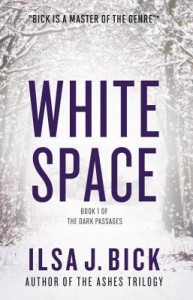
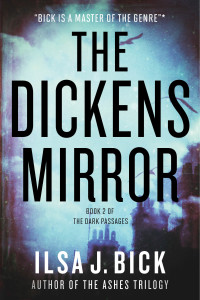
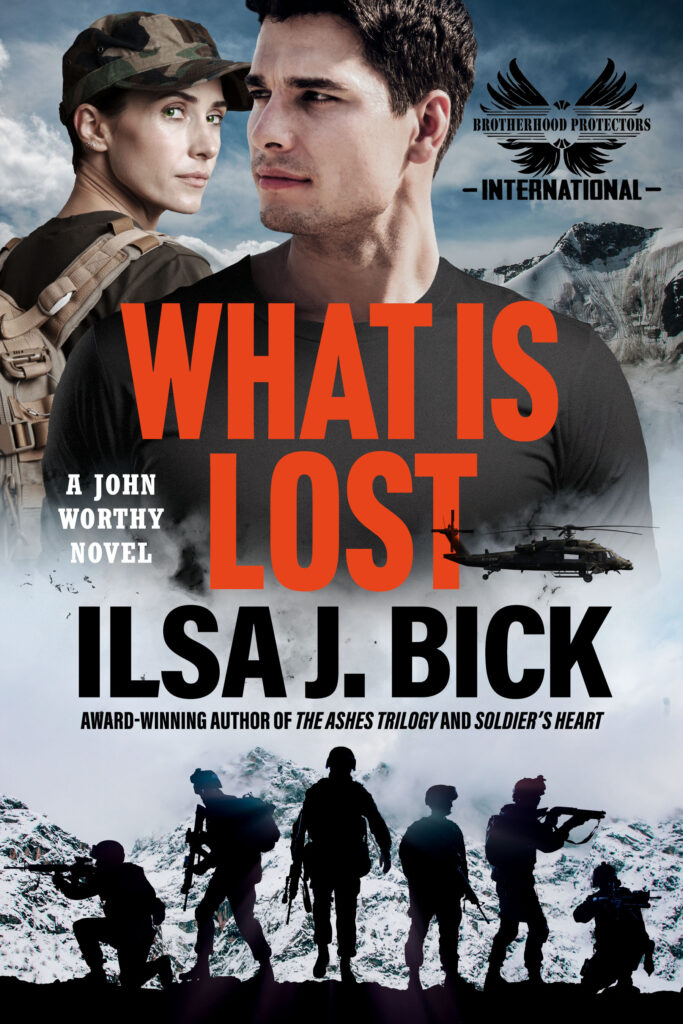
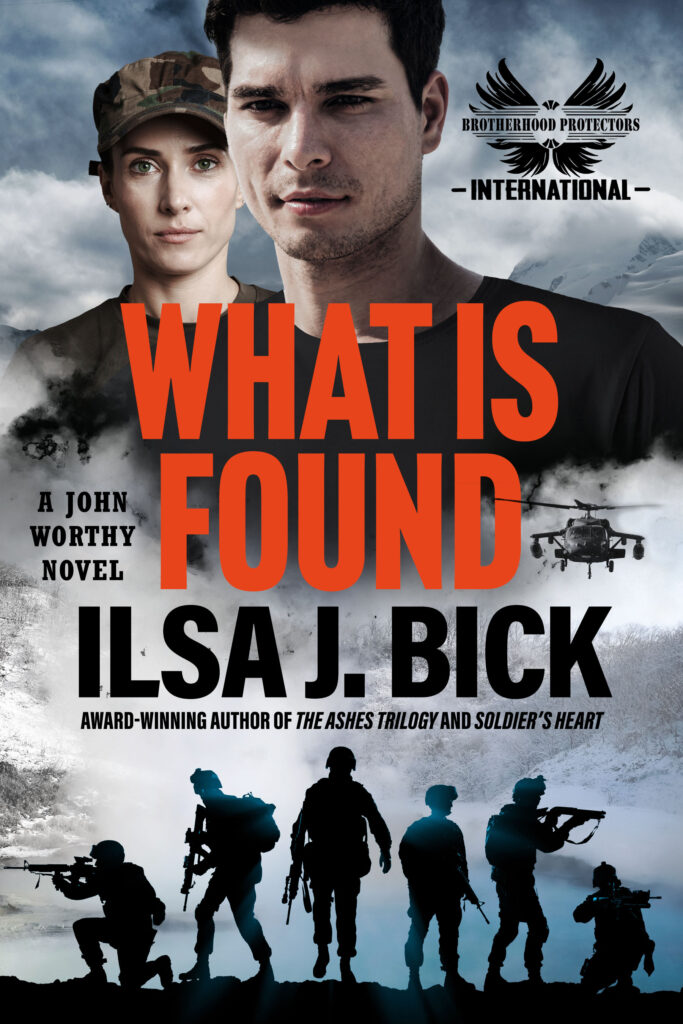
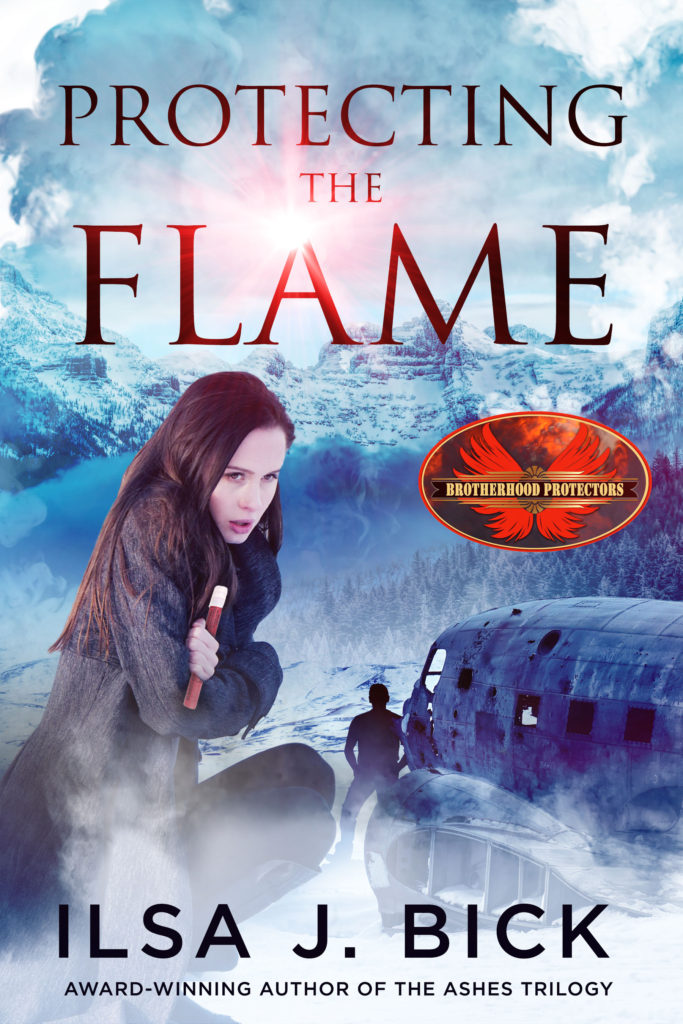

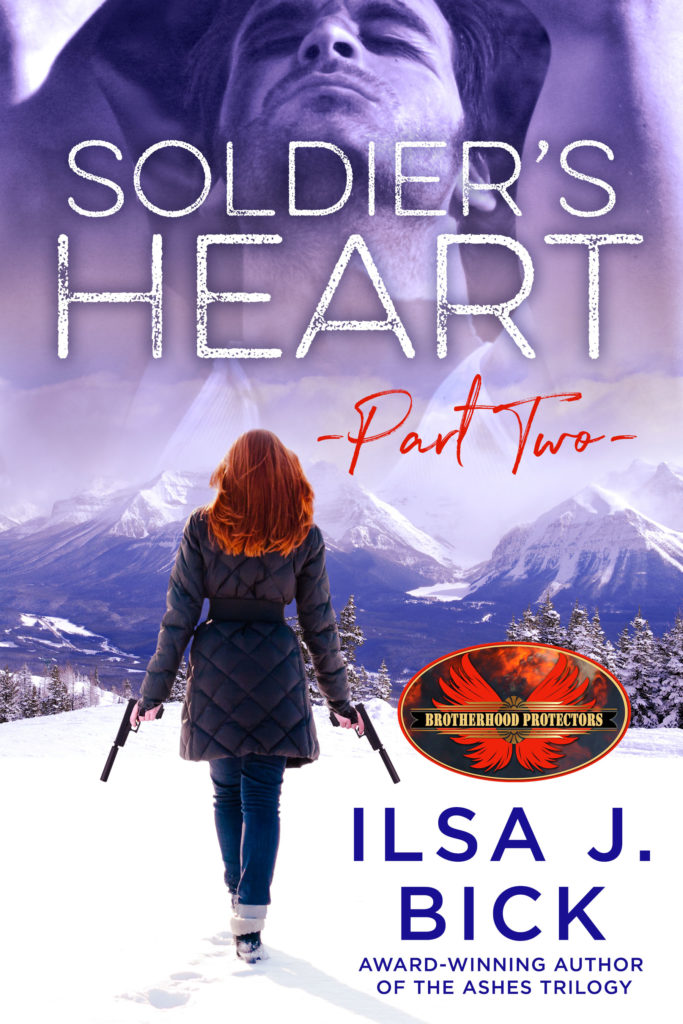
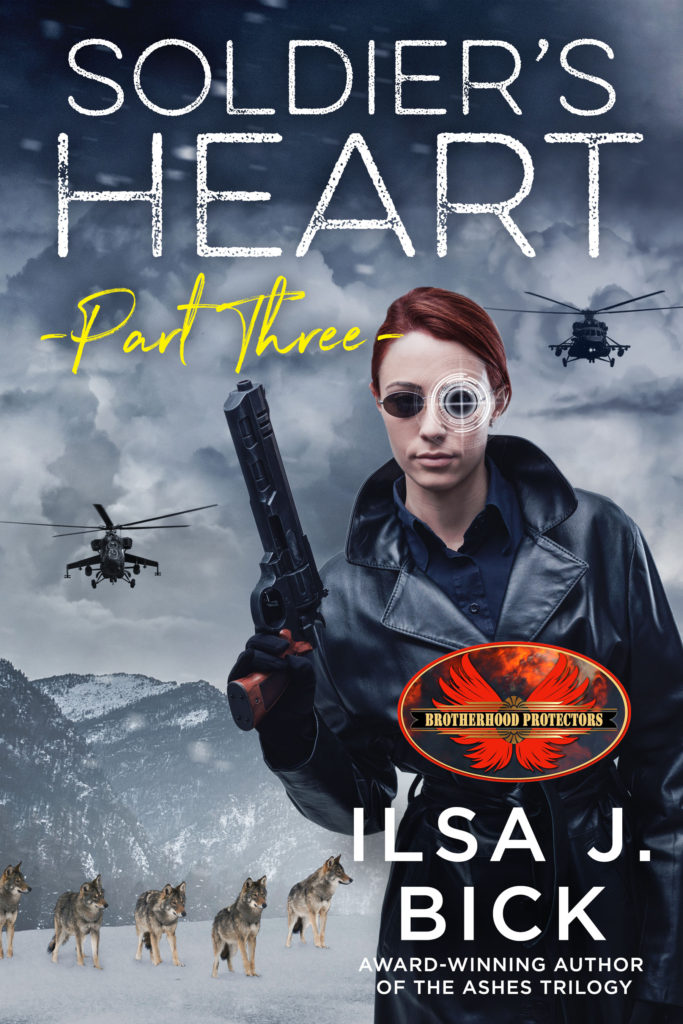

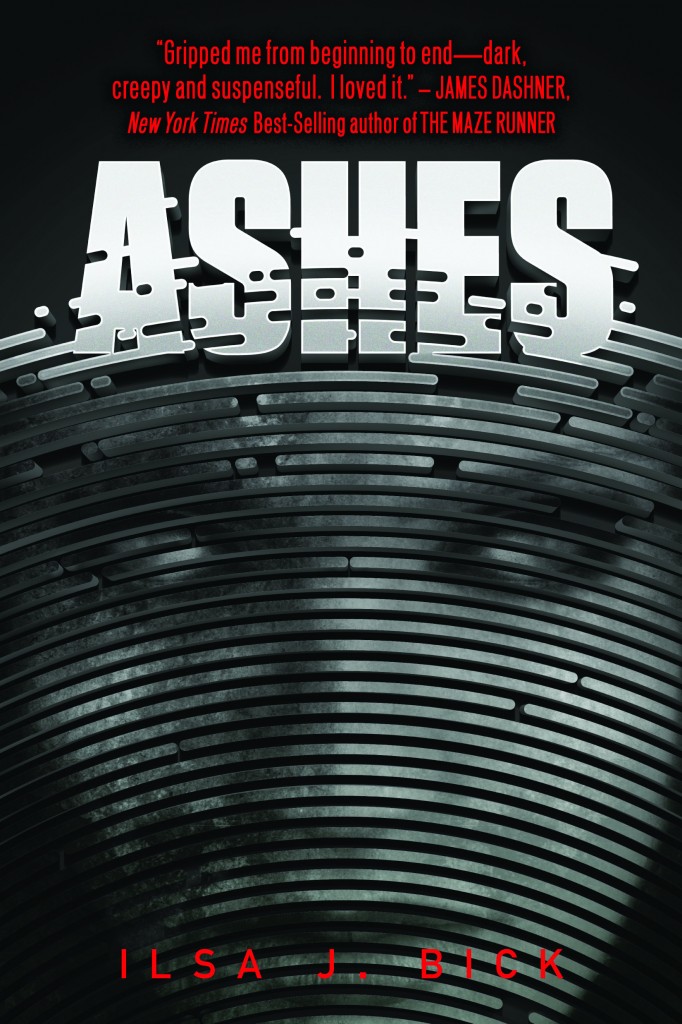
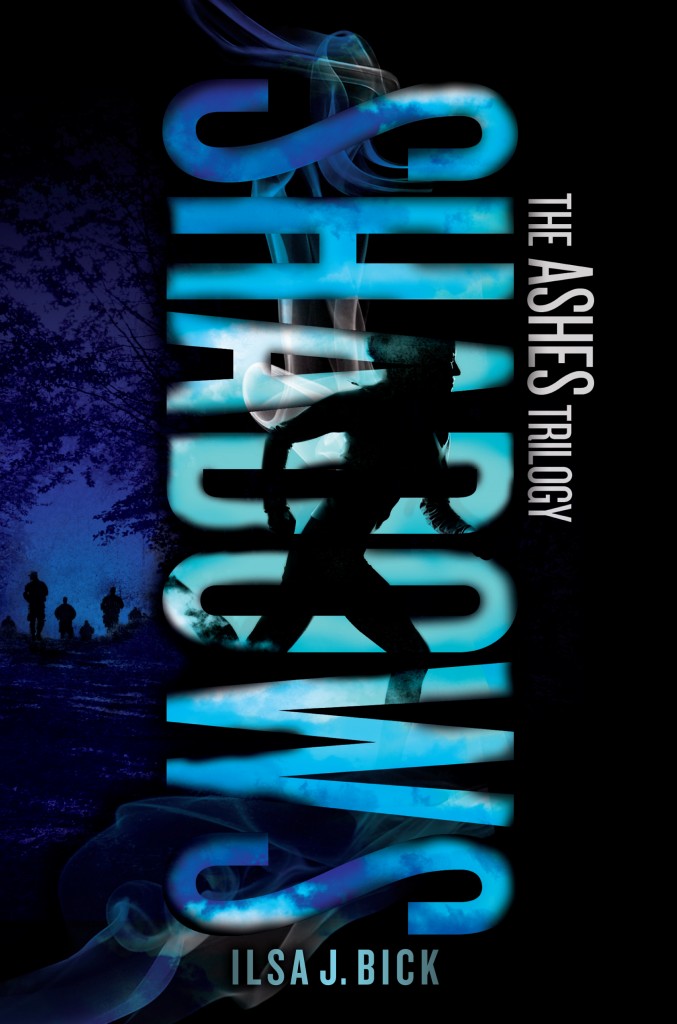
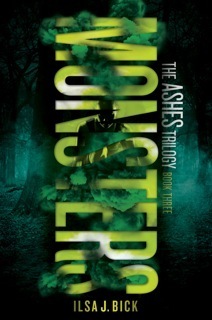
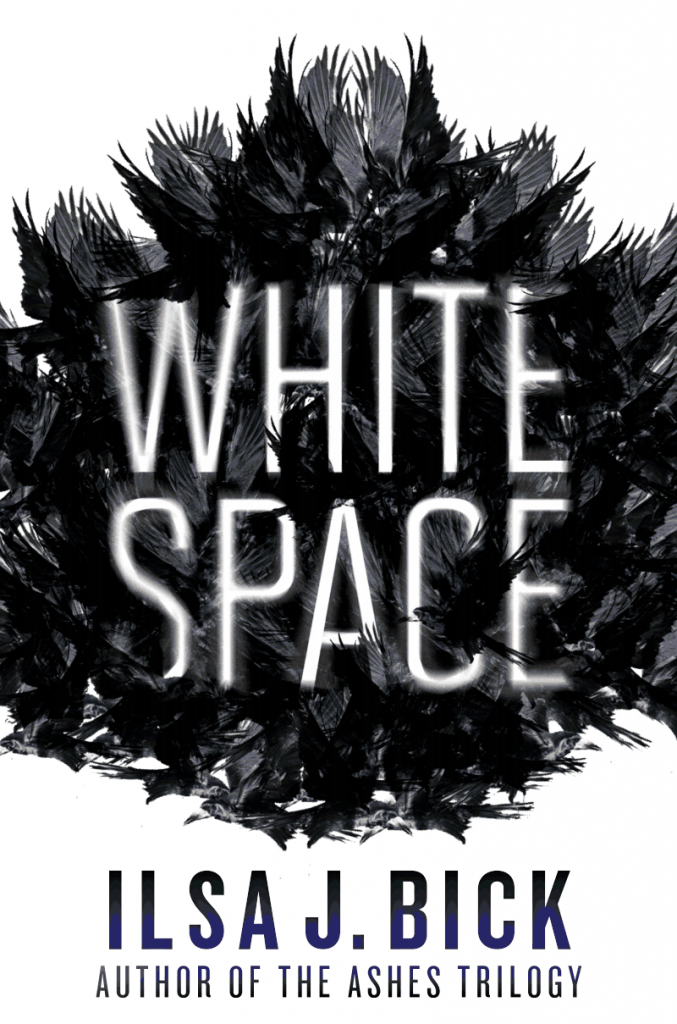
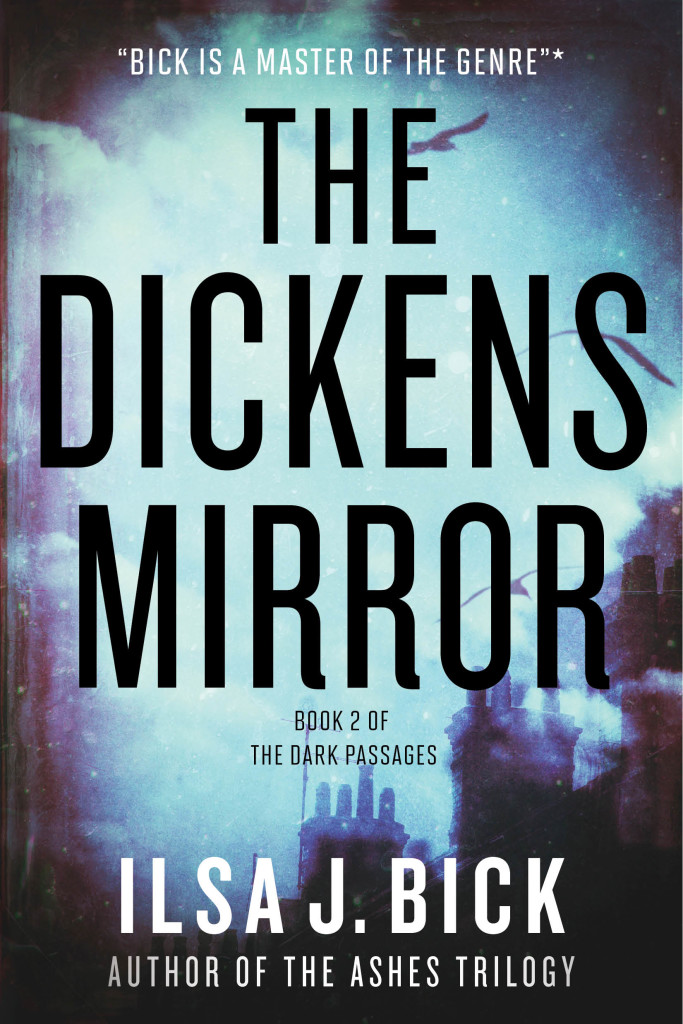
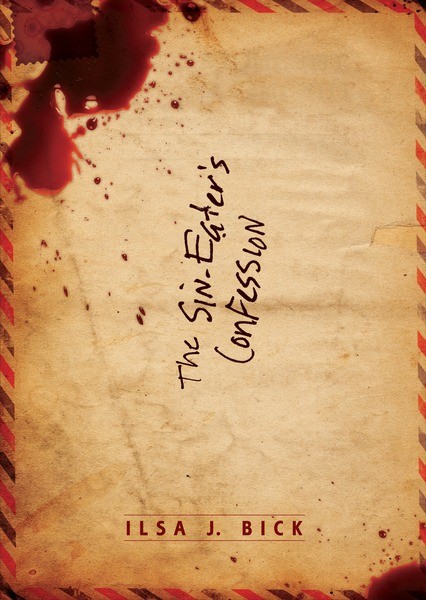
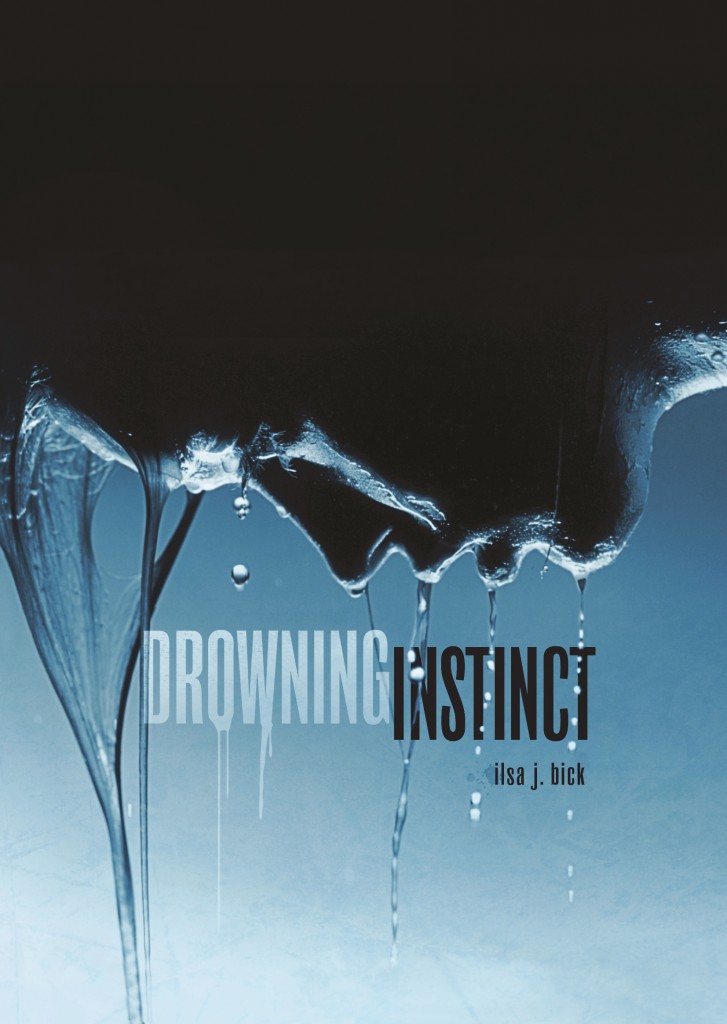
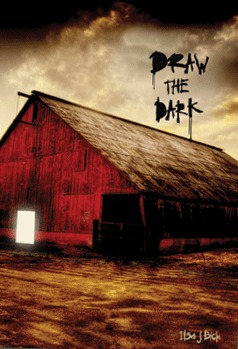
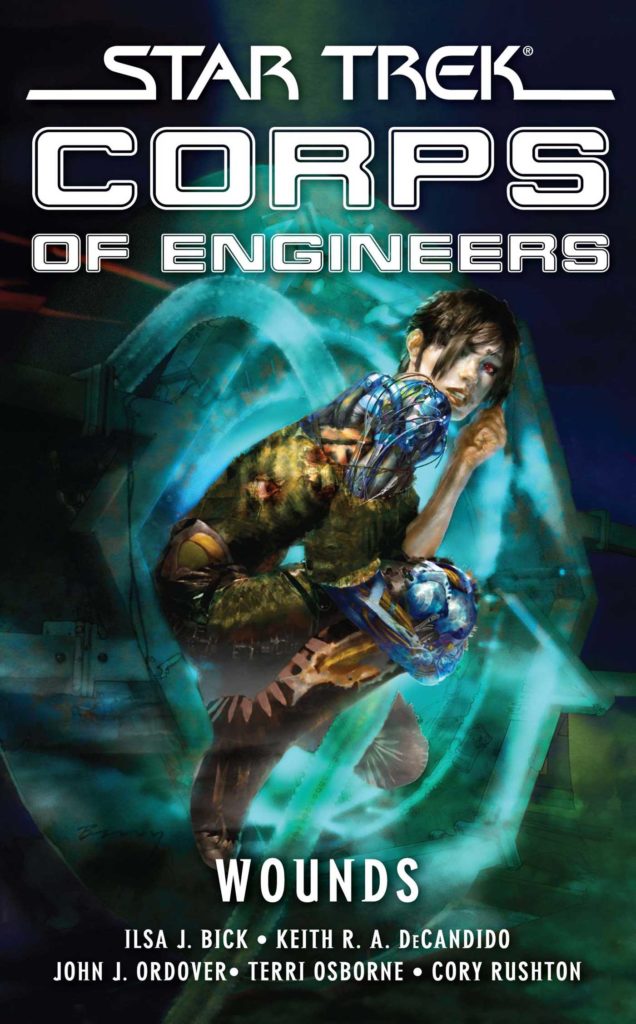


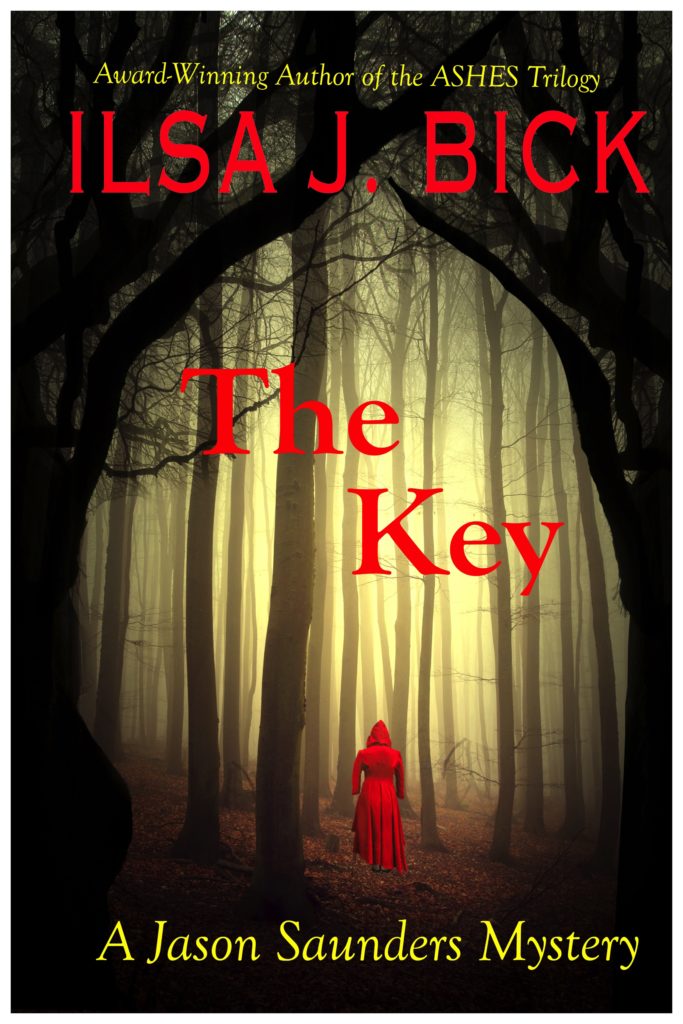
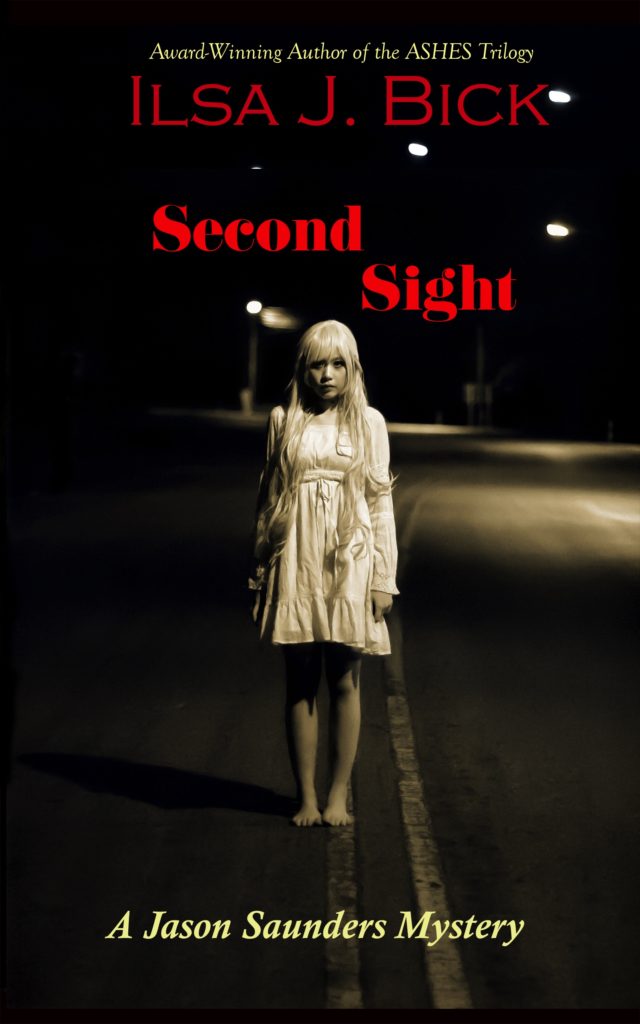
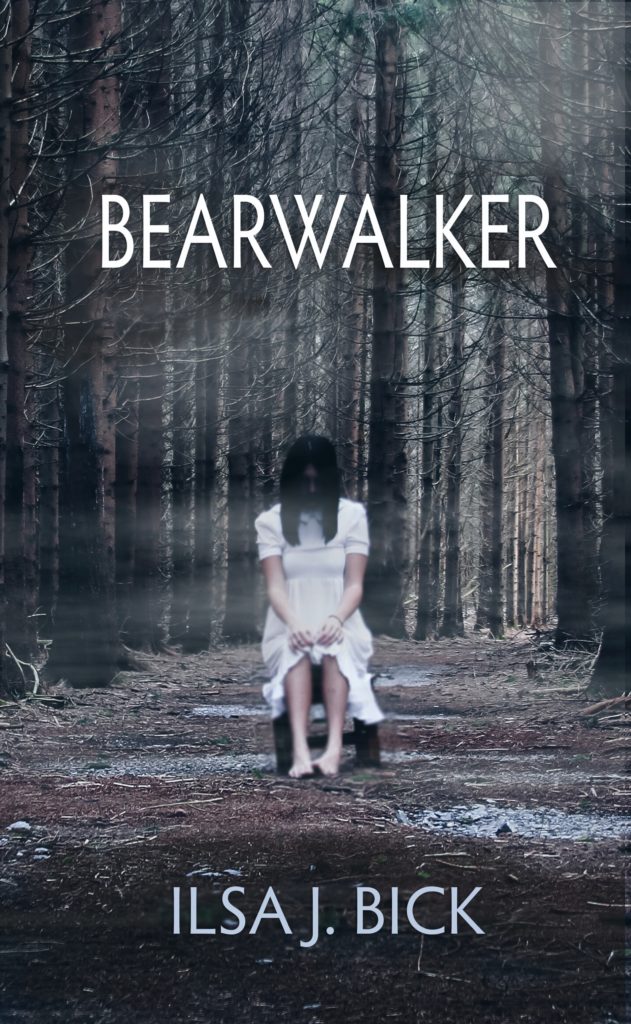
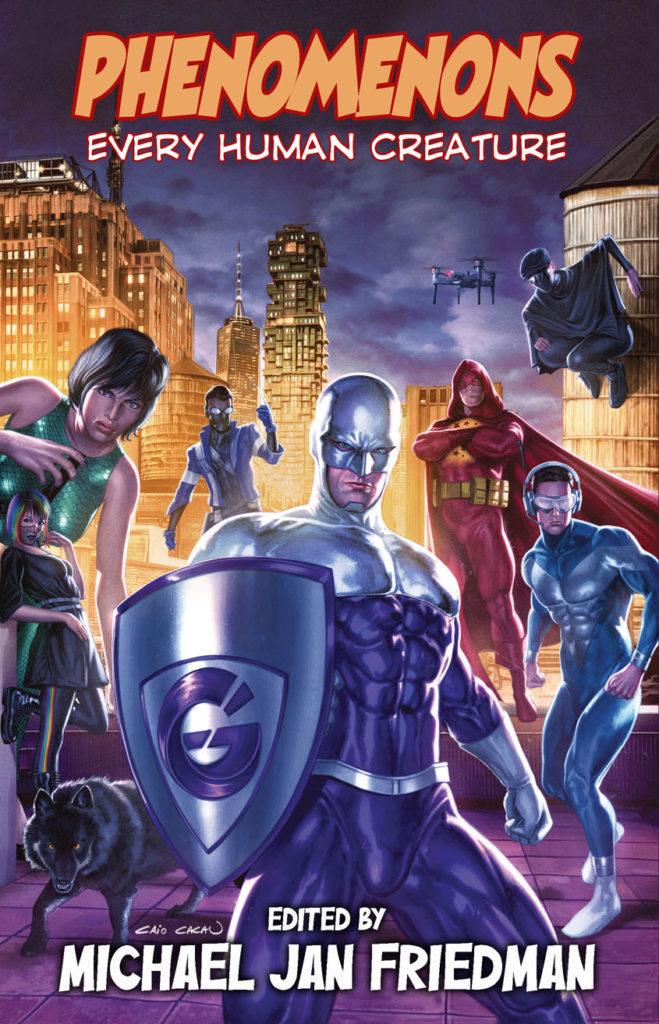
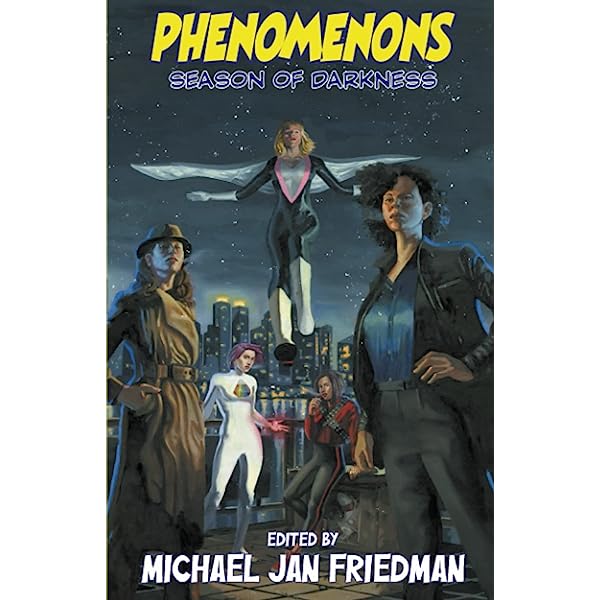

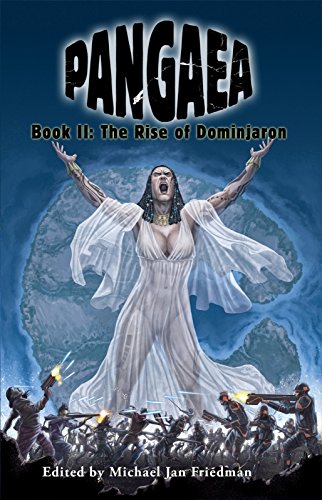

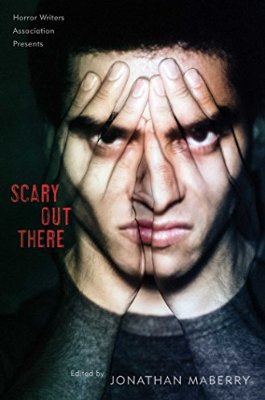
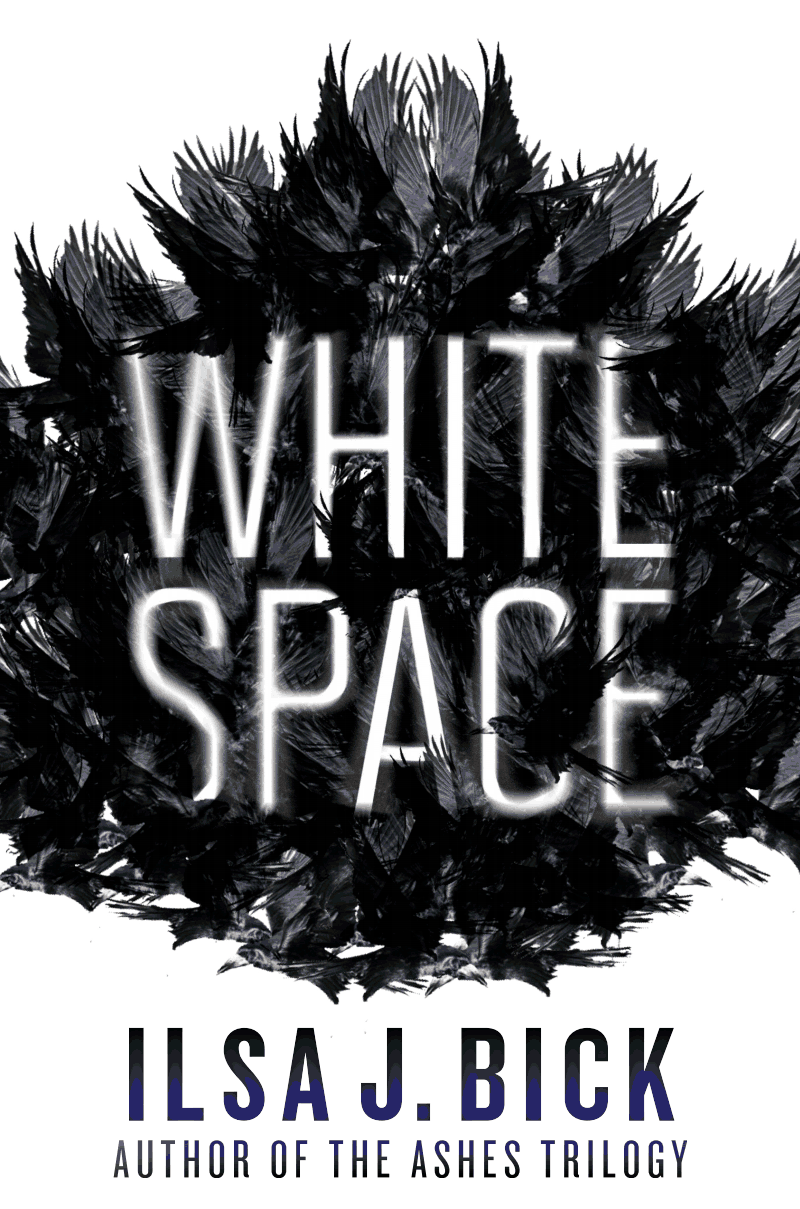
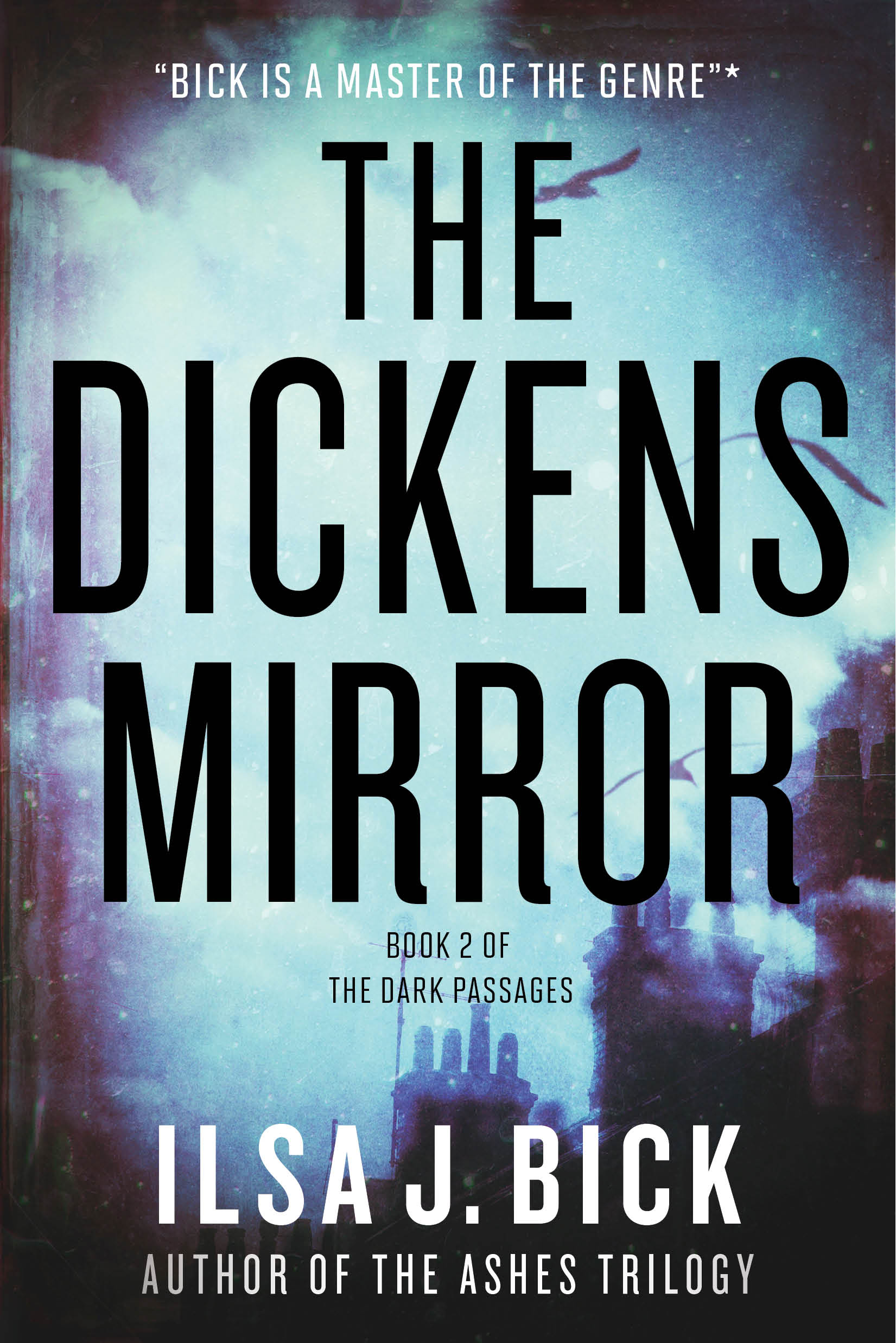
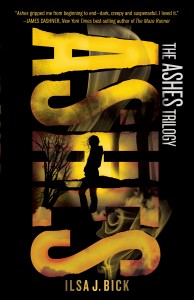
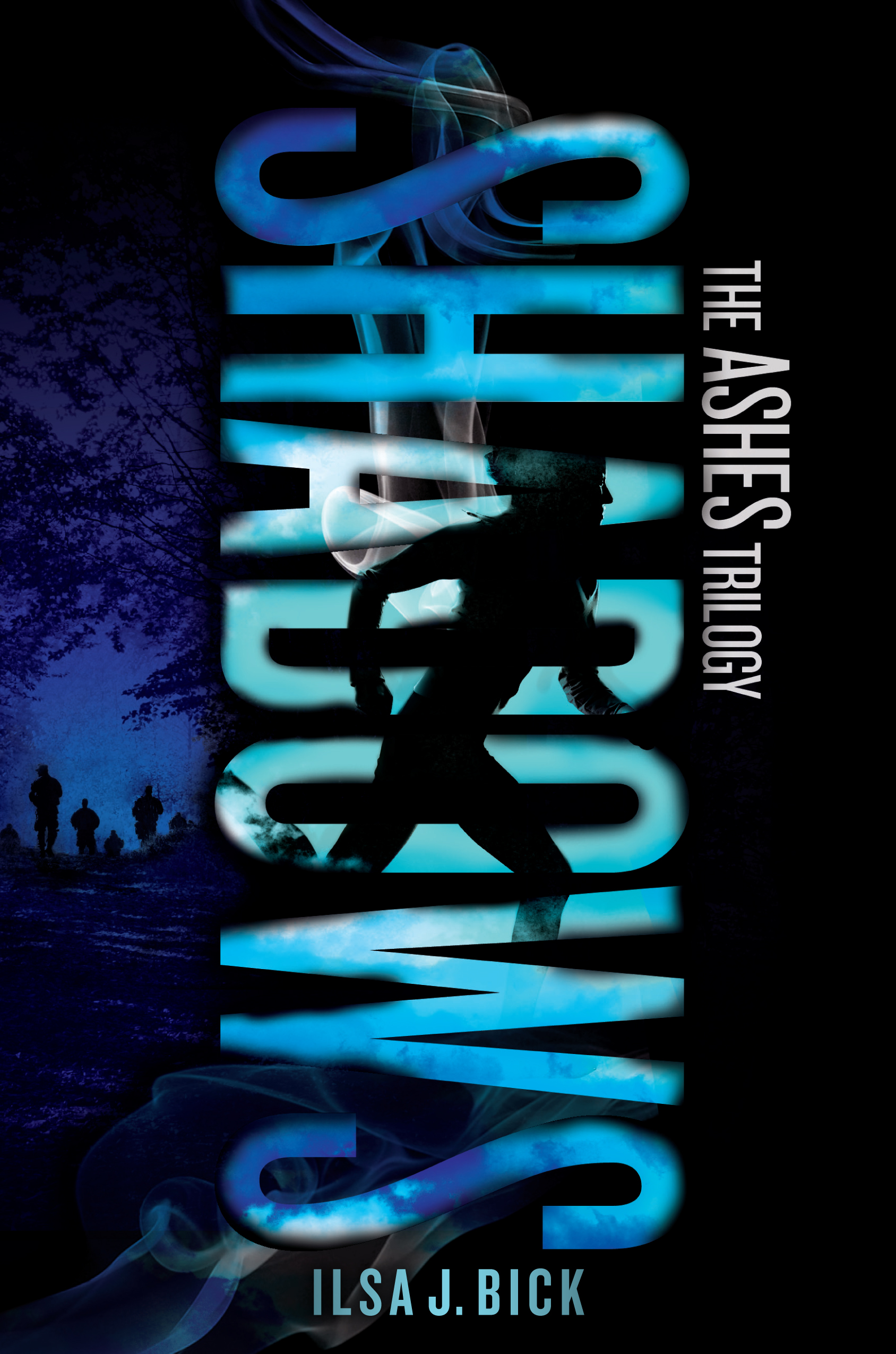
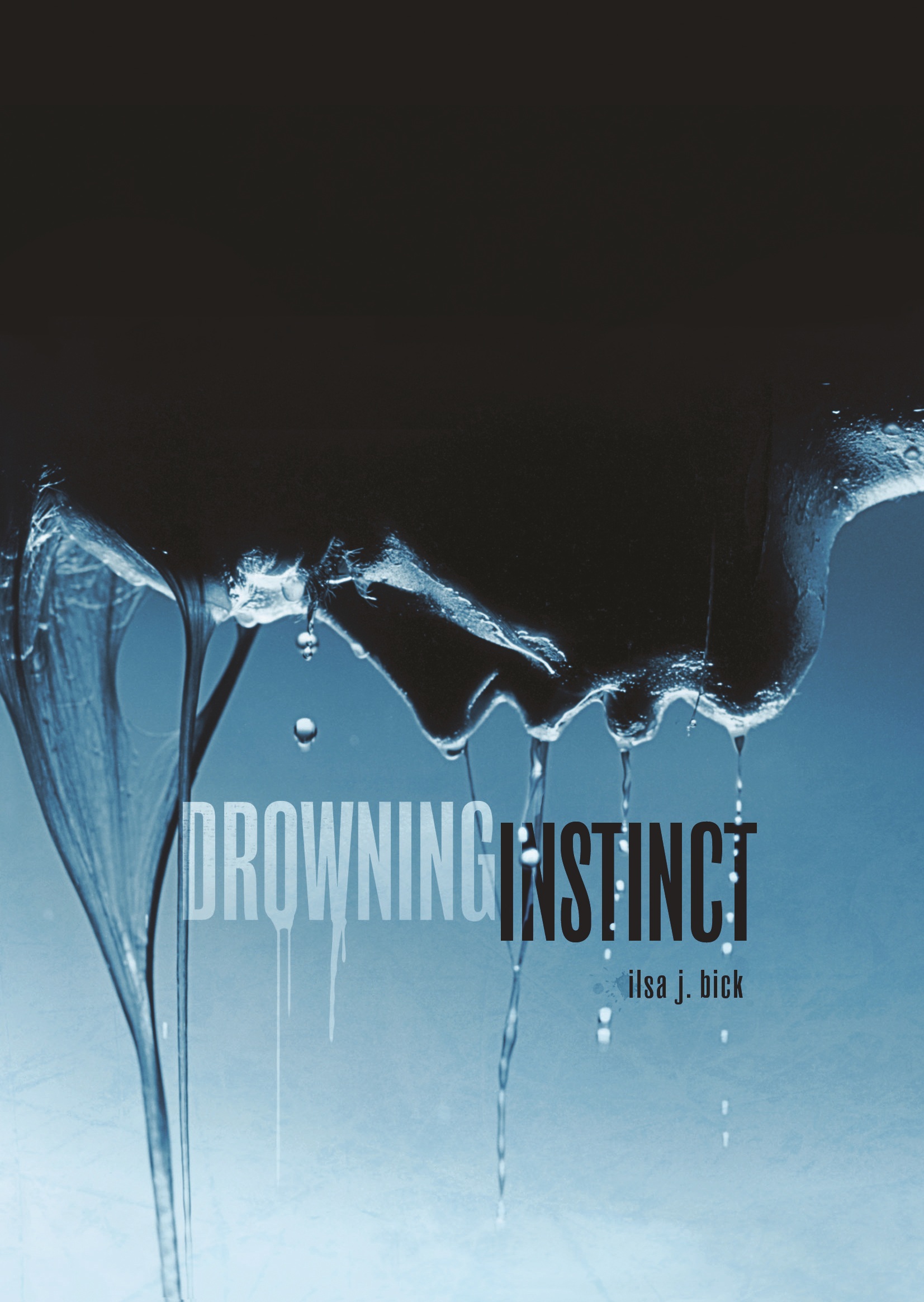
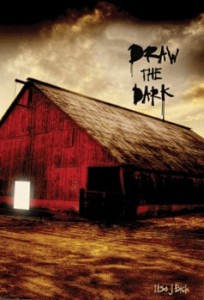
I just finished White Spaces and I just have to say that I loved it. Some parts were confising, ex: the explanation of the Dark Passages and how everything works, but nonetheless brilliant. I already recommended this book to one of my friends s they can enjoy the beauty that is White Space. Thank you.
You are quite welcome, Olivia. My pleasure–and thank you for brightening my morning 🙂
I’m still reading white pages and I cant wait to start the dickens mirror but, I was wondering if there are any more books to come later?
Thanks, John! So glad you’re enjoying that.
As for another book . . . sadly, no. THE DARK PASSAGES is a duology, and although I know you’ve not read DM yet, you’re not the first person to ask for more. So…we’ll see. 😉
I just finished “The Dickens Mirror.” I have to say, these books were fantastic. I echo the sentiment of another commenter above in hoping that there might someday be more. I will most definitely be picking up your other books. Thank you for the awesome journey! I can’t wait to read more of your work.
Hey, Erika,
Well, thank you! What a lovely message to wake up to and especially today, seeing as how tonight’s the first night of Chanukah.
You know, I had planned that to be a trilogy, but then Egmont USA, the original publisher, folded about six months before that particular book was due to be launched. So DM and, I think, maybe 10 other books were the very last to come out April of 2015, with very little fanfare. The editor and I had a long talk about that, too, because that was supposed to be a trilogy, but…you know, I’m just grateful the book saw the light of day and was then picked up by Lerner.
I don’t know if I’ll revisit that world again, although it’s somehow poetic that your comment’s reached me about six weeks after I’ve moved, permanently, to London. So maybe something will come up. I think it was Johnson who said something like if you’re tired of London, you’re tired of life. Or something like that. Anyway, the place certainly has a lot to see and explore.
I hope you enjoy my other books—and thank you, again, for the early Chanukah gift.
Ilsa
I just finished rereading White Space for the fourth or fifth time – I’ve been a fan since it first came out, and I’m looking forward to rereading The Dickens Mirror soon!
I first read the series as a high schooler, and as I’ve gotten older I’ve uncovered more and more of the literary references you’ve put into the books. I just recently read The Bell Jar and did some digging into Sylvia Plath’s dissertation on doubles and magic mirrors, which seem to be major inspirations for the series, and of course there’s a lot of Dickens and Arthur Conan Doyle in there as well. I’m wondering what made you put these three authors together – Plath, Dickens, Doyle – and how you see each of them influencing the series?
Ranger, first off, I’m so sorry to have taken so long to get back to you. Lots of “stuff” going on, but I won’t bore you with all that.
Second, thanks for getting in touch! I personally love both those books and find it fascinating that you’ve pulled out what you have from your reading.
The impetus for the first book honestly came from a remark that Dickens’s daughter made about her dad while he was writing OLIVER TWIST. Dickens really loved light and he had mirrors installed on all the walls of his writing chalet (a small building he had on his property which you can still see in London and which I visited before writing these books). Mostly, he said it was to bring in light and make the place less claustrophobic. But his daughter also mentioned that when her dad worked on different characters, he would run to a mirror and make faces and gabble and, in short, become the character. He had to get the physicality of his characters down before he could write them.
But Dickens had also wanted to be an actor. It was, actually, what he wanted before becoming first a journalist and then, later, a novelist. In fact, when things with his wife soured and his writing stalled for a bit, he hit the road, gave talks, and also acted (he took the lead role of Franklin in the play, “The Frozen Deep,” which he wrote with Wilke Collins in reaction to reports that the members of the lost Franklin Expedition resorted to cannibalism. Dickens totally rejected that idea and so gave Franklin a very noble death. The whole Franklin debacle was recently retold by Dan Simmons which then became the first season of “The Terror”).
Anyway, Dickens loved mirrors. He used them for his writing and so I took his daughter’s story and turned it around a bit. Dickens wasn’t creating characters in the mirror; he was pulling them out of another realm. That idea became the basis for the book.
Conan Doyle…well, I put him in there as a sort of “what if:” an alternative Doyle in an alternative Victorian universe who would’ve been there at around the time I set the book. Doyle was raised in a very poor section of Edinburgh; he was a tough who knew what it was to use his fists; he almost certainly ran with a Catholic gang. Once Sherlock Holmes took off, he was actually called on to solve real crimes (it’s the basis for Julian Barnes’s novel, ARTHUR AND GEORGE). All I was interested in, though, was the idea of Conan Doyle following that alternative path to becoming a policeman and the idea that we all might be players in someone else’s fabricated universe (like the ones I posit are possible through the Dark Passages via the Dickens Mirror).
As for Plath: a) she was a brilliant poet and b) yeah, there’s that dissertation. As a *person*, she doesn’t influence the series, but her ideas do, although they are not, of course, original either. Well before Plath or Dickens, folks have long been fascinated with mirrors–and afraid of them. It’s why people cover their mirrors when there’s been a death in the house…because there are the old fears that a) a wandering soul might become trapped there; b) anyone who looks into a mirror shortly after a death is going to die soon, too; c) a covered mirror makes it hard for the dead to reach out from the other side and grab you…well, all sorts of things. So I just used those old superstitions and ideas and folded them all together with the stories I knew about Dickens and Doyle.
I hope that answers your questions. Again, my sincerest apologies for the delay–and best wishes to us all for the New Year.
Thank you for reading!
Ilsa